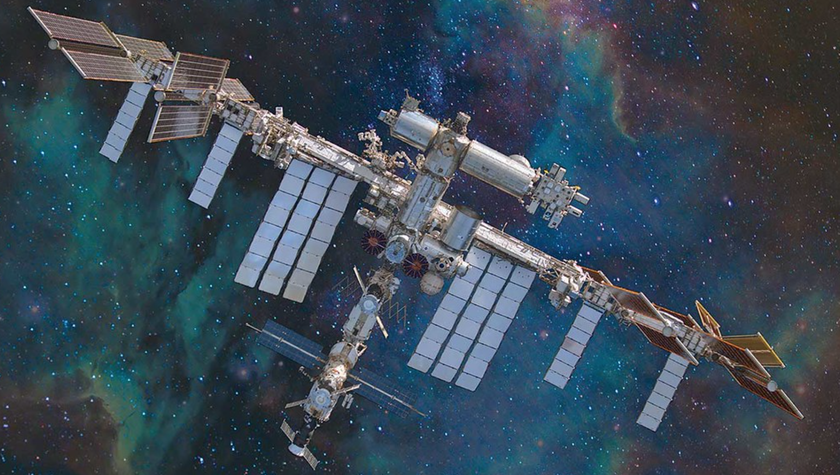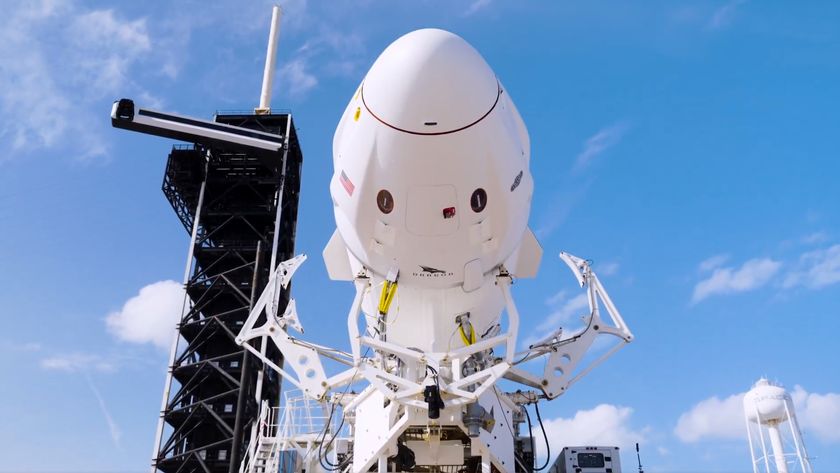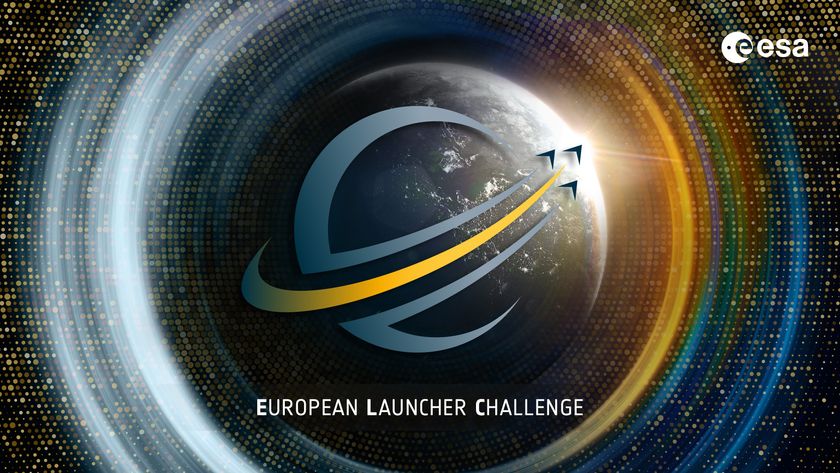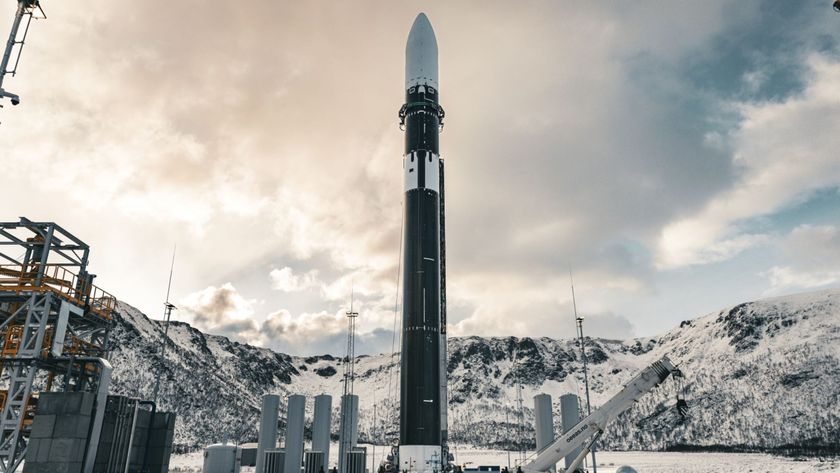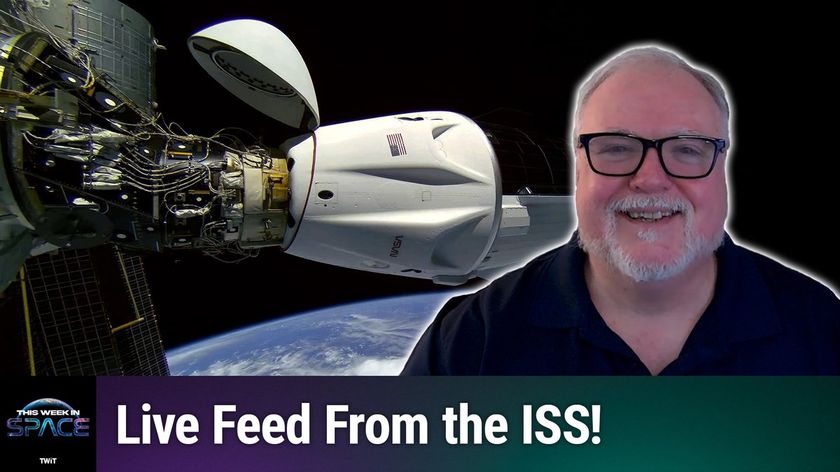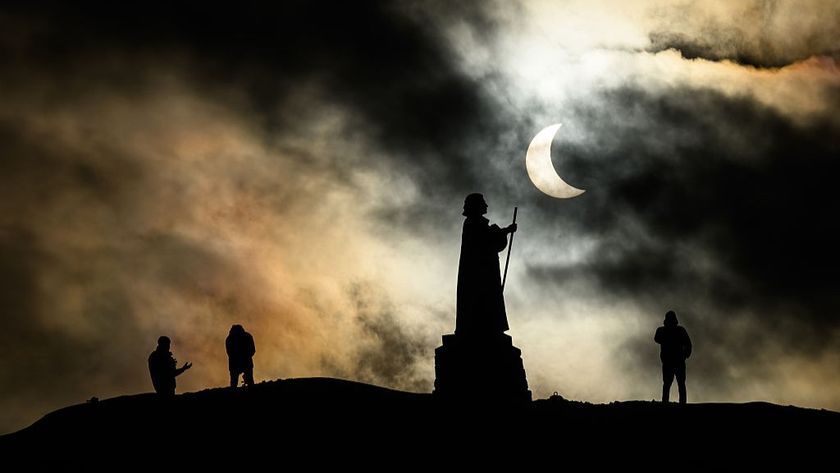SpaceX Dragon Capsule Chasing Space Station in Orbit
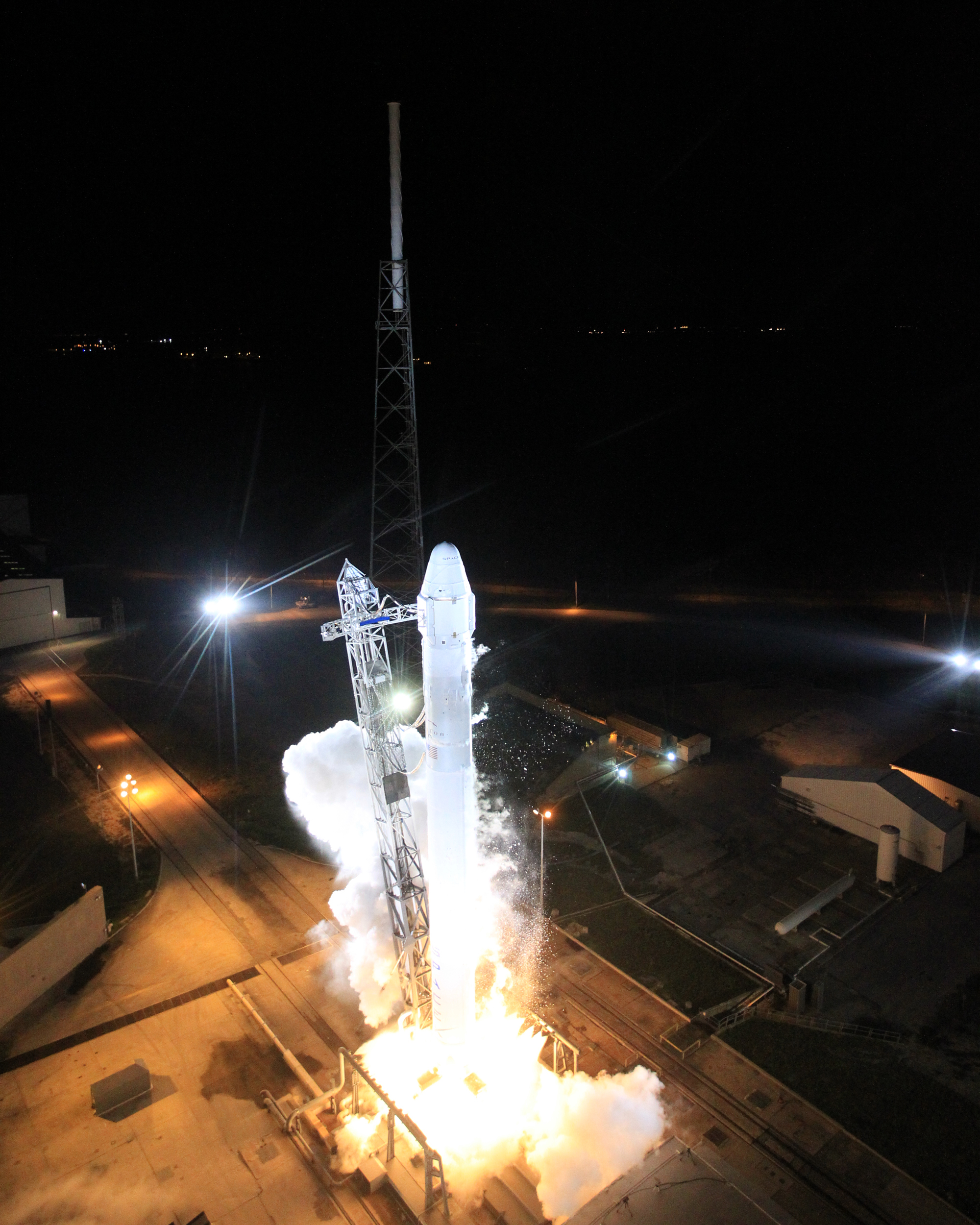
A privately built robotic spacecraft is doggedly chasing down the International Space Station and remains on track for an early-morning arrival Wednesday (Oct. 10) to deliver a half-ton of supplies.
The Dragon space capsule is making the first commercial cargo delivery to the space station for NASA under a billion-dollar deal with the private spaceflight company SpaceX, which launched the spacecraft from Florida atop its Falcon 9 rocket on Sunday night (Oct. 7).
"The Dragon spacecraft continues to look great, and all systems are performing nominally," SpaceX officials said in a mission update today (Oct. 9).
The space capsule is expected to rendezvous with the International Space Station early Wednesday. Astronauts inside the station will use a robotic arm to capture the Dragon capsule and attach it to an open docking port so it can be emptied of the nearly 1,000 pounds (454 kilograms) of supplies and gear inside.
If all goes well, NASA astronaut Sunita Williams and Japanese astronaut Akihiko Hoshide will capture Dragon at 7:22 a.m. EDT (1122 GMT). NASA will broadcast the event live on NASA TV and online. You can watch the Dragon docking webcast live here beginning at 4 a.m. EDT (0800 GMT).
Satellite trackers also have one last chance to see Dragon in the night sky tonight before it docks at the space station. But you have to know when and where to look. For tips on spotting Dragon and the station as they fly overhead your location, see: "How to Spot SpaceX's Dragon in Night Sky."
The Hawthorne, Calif.-based SpaceX is one of two companies with commercial NASA contracts to launch unmanned cargo missions to the space station. SpaceX has a $1.6 billion deal for at least 12 Dragon cargo flights, while the Virginia-based Orbital Sciences Corp. has a $1.9 billion agreement to provide NASA at least eight delivery flights using its own Antares rockets and Cygnus spacecraft.
Get the Space.com Newsletter
Breaking space news, the latest updates on rocket launches, skywatching events and more!
The current Dragon cargo flight is the first of the company's 12 contracted flights, though SpaceX did launch a test flight to the station in May. It is slated to return to Earth on Oct. 28 carrying about 2,000 pounds (907 kg) of scientific experiments and station gear. Orbital Sciences, meanwhile, is gearing up for its first Antares rocket test later this year.
With NASA's space shuttle fleet retired, the space agency is depending on private space taxis for ferrying cargo and astronauts to the International Space Station. SpaceX, which is upgrading Dragon to carry crew, is one of four private spaceflight companies that have received funding from NASA to develop new manned spacecraft.
Visit SPACE.com this week for complete coverage of SpaceX's first Dragon cargo flight to the International Space Station.
You can follow SPACE.com Managing Editor Tariq Malik on Twitter @tariqjmalik and SPACE.com on Twitter @Spacedotcom. We're also on Facebook & Google+.
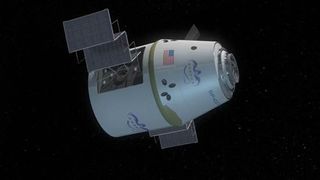
Join our Space Forums to keep talking space on the latest missions, night sky and more! And if you have a news tip, correction or comment, let us know at: community@space.com.

Tariq is the Editor-in-Chief of Space.com and joined the team in 2001, first as an intern and staff writer, and later as an editor. He covers human spaceflight, exploration and space science, as well as skywatching and entertainment. He became Space.com's Managing Editor in 2009 and Editor-in-Chief in 2019. Before joining Space.com, Tariq was a staff reporter for The Los Angeles Times covering education and city beats in La Habra, Fullerton and Huntington Beach. In October 2022, Tariq received the Harry Kolcum Award for excellence in space reporting from the National Space Club Florida Committee. He is also an Eagle Scout (yes, he has the Space Exploration merit badge) and went to Space Camp four times as a kid and a fifth time as an adult. He has journalism degrees from the University of Southern California and New York University. You can find Tariq at Space.com and as the co-host to the This Week In Space podcast with space historian Rod Pyle on the TWiT network. To see his latest project, you can follow Tariq on Twitter @tariqjmalik.
